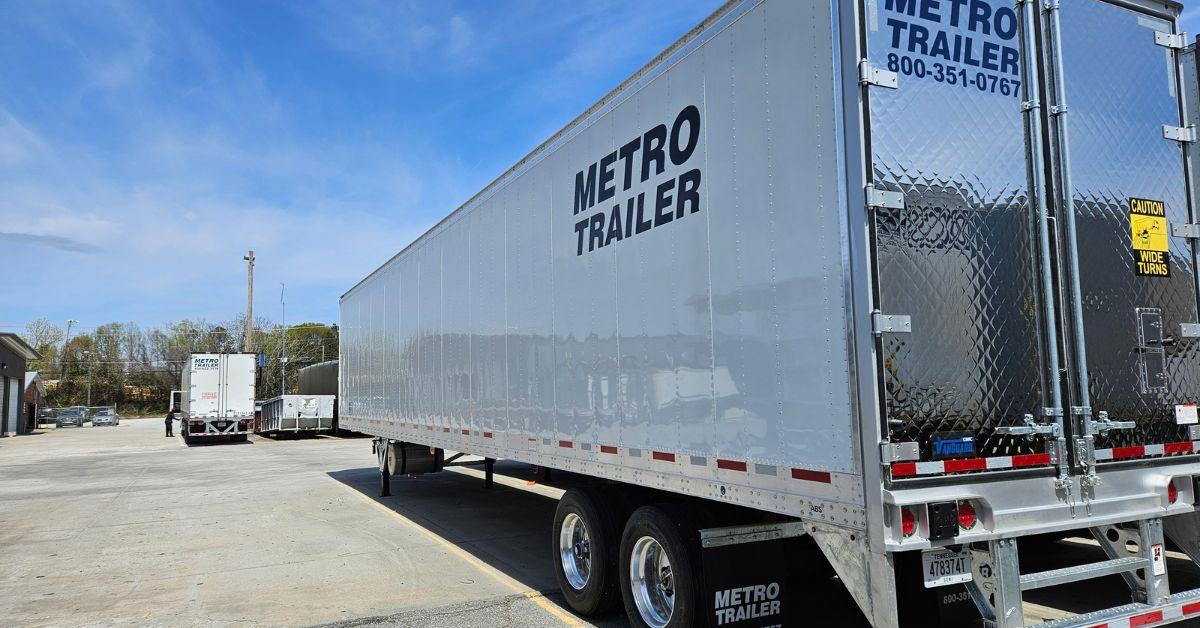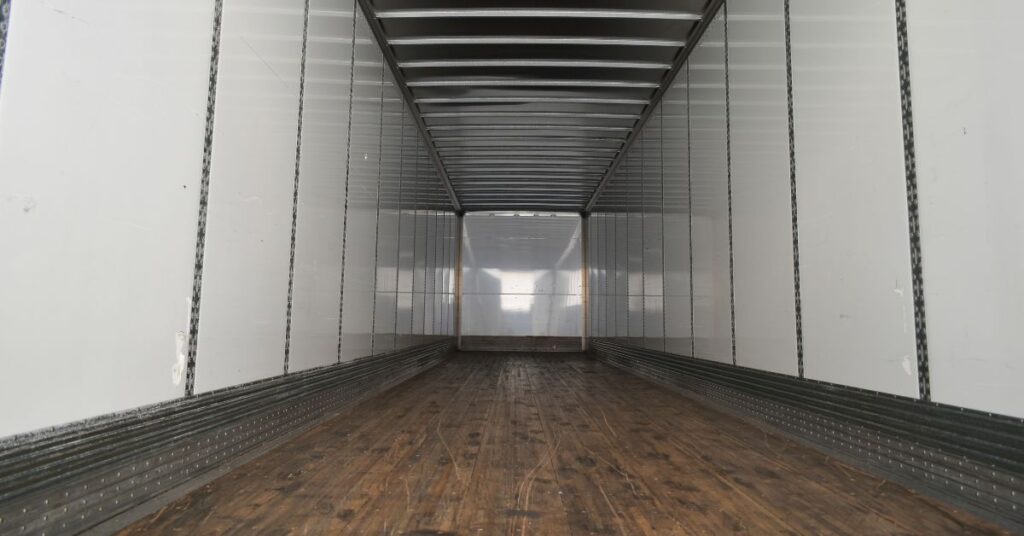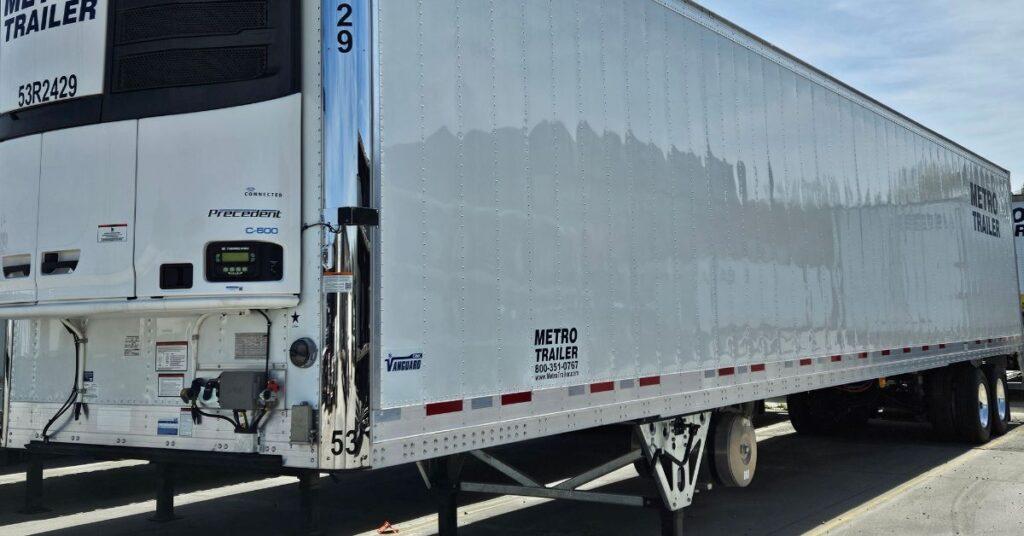
Key Regulations for Trailer Rentals You Should Know
Planning to rent a trailer for your next project or adventure? Before you hit the road, it’s important to know what key regulations come into play. Trailer rentals might seem straightforward, but there are several legal requirements designed to keep you safe and compliant. Missing even one step could lead to unwanted headaches or penalties.
This guide will cover everything from licensing requirements to weight limits and safety standards. You’ll learn how to stay on the right side of the law while making your rental experience smooth and stress-free. Whether you’re hauling equipment, moving furniture, or gearing up for a camping trip, being informed about these rules will leave you prepared and ready to roll.
Stay tuned as we break down the key points you need to know to avoid common mishaps. Let’s tackle licensing rules and explain how they apply to trailer rentals.
Licensing Requirements Vary by State
Each state has rules regarding who can legally tow a trailer. State-specific regulations often depend on the size and weight of the trailer you're towing. Some areas may require a commercial driver’s license (CDL) or additional endorsements, particularly for trailers with higher weight capacities.
Drivers who skip checking these details risk steep fines or being deemed ineligible to rent a trailer altogether. Research licensing requirements in your area, especially if you’re crossing state lines during your rental period. While some companies might guide you through this process, it’s ultimately up to you to confirm your eligibility. A quick call to your state’s DMV or a visit to its website can provide clear answers.
Know Your Weight Limits
Every trailer has a Gross Vehicle Weight Rating (GVWR), which specifies the maximum weight it can safely carry, including the empty weight of the trailer itself. Exceeding this limit causes risks like trailer instability, tire blowouts, and damaged axles.
It’s equally crucial to confirm the towing capacity of your vehicle. Hauling more than it’s designed for puts excessive stress on your car’s engine, transmission, and brakes. If your needs involve something like high-capacity storage trailers for rent, those typically offer clearer GVWR details to help you plan better. Matching the trailer weight to your vehicle’s capacity makes the process safer for you and everyone else on the road.

Always Inspect Before Renting
Before taking any trailer rental on the road, inspect its tires, brakes, and lighting. Tires should have adequate tread and show no signs of cracking or extreme wear. Properly functioning brakes may be a legal requirement and are non-negotiable when towing heavier loads. Also, confirm that the trailer’s lighting system—including brake lights, turn signals, and reflectors—is in good working order.
Safety chains, often an overlooked feature, are essential for securing the trailer to your vehicle if something happens to the hitch. Make sure they’re in solid condition and positioned correctly. A pre-rental walkthrough with the trailer provider allows you to note and address any issues, giving you peace of mind as you drive.
Speed Regulations for Safe Towing
Rules about trailer-specific speed limits exist for a reason. Towing a trailer significantly changes how your vehicle handles, making it harder to stop quickly or maneuver sharply. Many states enforce reduced speed limits for vehicles pulling trailers, such as 55 mph on highways.
These slower speeds reduce the risk of trailer sway—a situation where your trailer starts to fishtail behind your car, which can lead to loss of control. Even in instances where lower speed limits aren’t required, it’s wise to err on the side of caution and avoid sudden accelerations. Check your route ahead of time for areas with strict trailer speed laws to keep your trip safe and stress-free.
Learn About Trailer Brake Requirements
Heavier trailers often have their own braking systems to help drivers stop more effectively. Laws in most states require trailers above a specific weight to feature at least electric or hydraulic brakes. This additional stopping power reduces strain on your vehicle’s braking system and makes hauling significant loads safer.
Familiarize yourself with how these brakes operate, including the need for brake controllers in certain cases. Some rentals might include this equipment, while others expect you to provide your setup. Without functional trailer brakes where required by law, you risk serious fines or liability issues during emergencies.

Hitch Types and Compatibility Matter
Not every hitch suits every trailer. The type of hitch on your vehicle should match the specifications of the trailer you’re renting. For instance, a hitch designed for lightweight utility trailers won’t be appropriate for something like a car hauler or a larger cargo trailer. Confirming the hitch’s weight rating and size ensures that your trip goes smoothly.
The ball and hitch receiver should be in excellent condition and correctly sized for the trailer. Make sure to inspect hitch pins or locks for durability as well. If you’re unsure about compatibility, asking your rental provider can clear up your questions before they turn into problems.
Stay Aware of Lane Restrictions
Highways often have specific lane-use rules for vehicles pulling trailers. You might be restricted to the right lanes, especially on roads with three or more lanes, to help maintain consistent traffic flow and enhance safety for other drivers. These restrictions are more common in urban areas or busy interstates and sometimes include weight or length thresholds.
Apart from legal considerations, staying in right-side lanes offers practical advantages, like more visibility for exits and easier access to rest stops suited for trailers. Skipping these traffic rules not only increases your chances of getting fined, but it creates risks for other drivers sharing the road.
Get Your Insurance Questions Answered
Adding a trailer to the mix can create confusion around insurance coverage. Many people assume their auto insurance extends to rentals, but that’s not always guaranteed. Rental companies often provide optional insurance to cover you in case of accidents, damage, or theft.
However, knowing whether or not you’re already covered for trailer rentals under your current policy might save you money. Contact your insurance provider before you finalize your rental agreement. Going the extra mile to understand the insurance details guarantees you’re not left dealing with unexpected costs if something goes wrong.
What Now?
Renting a trailer doesn’t have to feel like a guessing game. By approaching the experience with the right mindset and abiding by necessary rules and regulations, you can make it both safe and straightforward. Think of trailer rental as an opportunity to learn something new every time you hit the road. Whether you’re figuring out how your vehicle handles a heavier load or mastering setup techniques, there’s always room to grow your towing know-how.
Before you head out, take a moment to plan ahead and ask questions when needed. Metro Trailer Leasing is eager to help and can offer guidance you didn’t even know you needed. And if you’re still unsure about the process, starting small with shorter distances or lighter loads can help you gain confidence.